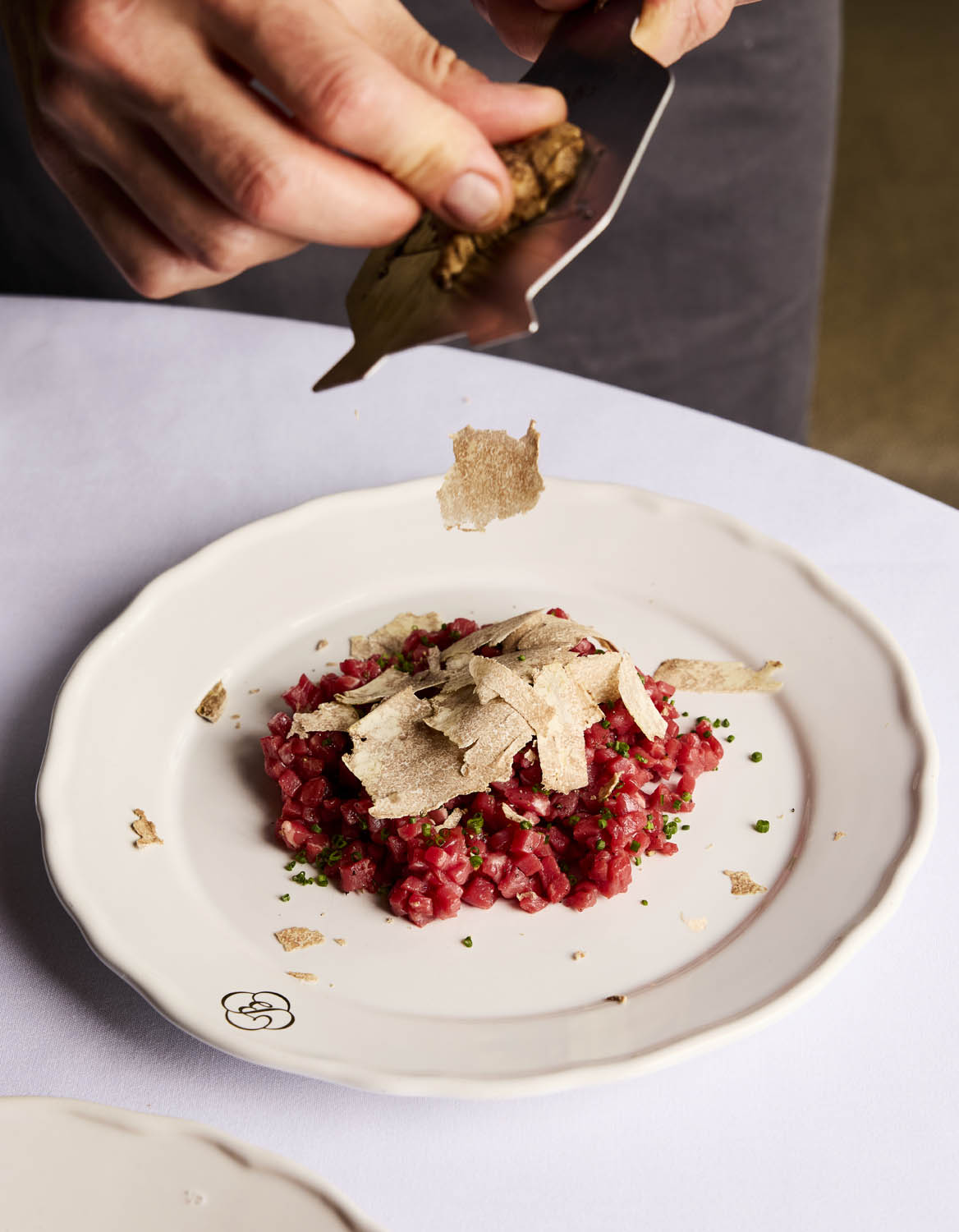How M&A has changed in UK food and drink this year
Sales and acquisitions have more than halved this year thanks to pandemic-induced recessions, but some key players are still making good deals.
Just 15 transactions have taken place in the UK’s food and drinks sector between May and August, less than half of the 37 businesses churned through in the same period last year, according to research by corporate finance advisor Ogmha Partners.
This should be no surprise, given how many companies have seen their sales dry up as a result of the country’s coronavirus lockdown. Deal value and overseas investment has also been slashed significantly. Overall deal value is now just £1bn lower than where it stood in the same period last year. Likewise, transactions with an overseas buyer accounted for 20.0% of total deal volume, compared to close to a third (32.4%) between May and August last year.
However, there report notes that there have also been some “interesting” investments and small stake purchases that have highlighted the growth potential of some products and categories. The Heineken family acquired a 10% stake in premium tonic and mixer brand Double Dutch.
Partner Content
Moreover, Ogmha’s report shows that the number of so-called “distressed” M&A deals is increasing, and made up more than a quarter (27%) of total deals for the period.
As the list of businesses going into administration mounts, the advisory said it expects “a continued increase in distressed M&A as we move into the final tertial of the year.”




